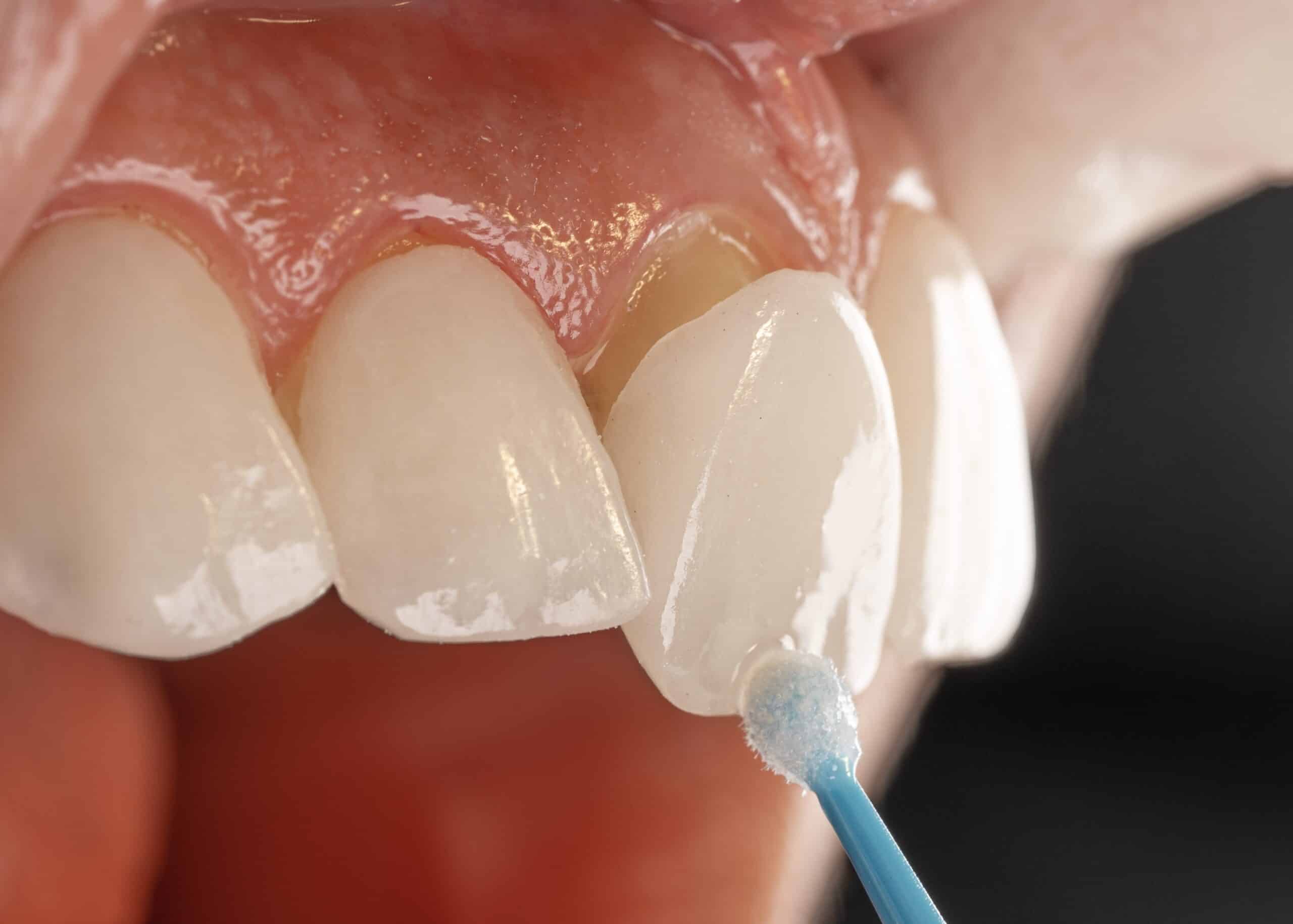When considering your options for veneers, there are a number of factors to consider when choosing what material will be best for your veneers? Dentists consider many aspects when determining what veneer material is best for their patient, and you may be wondering what those are.
- Price. Price is naturally one of the main concerns of a patient. Composite veneers tend to be far less costly than porcelain, and budget-conscious people may prefer composite to porcelain veneers for this reason.
- Number of veneers. If a veneer is being used to cover one or two problem teeth, composite can be a reasonable solution. If a patient is getting a full set of veneers, dentists will often recommend porcelain. Porcelain needs less maintenance over a lifetime, and because porcelain veneers are made by skilled dental ceramists, getting durability and a pleasing aesthetic outcome is easier with porcelain.
- Maintenance. If a patient is a grinder, need many veneers, or are very price-conscious, the cost and labour of veneers must be considered over a lifetime rather than just at the start. Porcelain veneers stand up to wear and tear much better than composite, and the more teeth or the more wear, the more repairs may add up if the stronger material isn’t selected.
- Outcome. Composite can be a great choice for covering up minor flaws and stains without breaking the bank. Porcelain, however, is preferred for covering up major staining, such as tetracycline-stained teeth, and for masking the appearance of small teeth.
- Time constraints. If a veneer is needed for an upcoming event, dentists will often recommend composite veneers, because they are usually made in-house. Porcelain veneers are made by ceramicist technicians and may often need to be sent to a dental laboratory, which can delay the final appointment.


